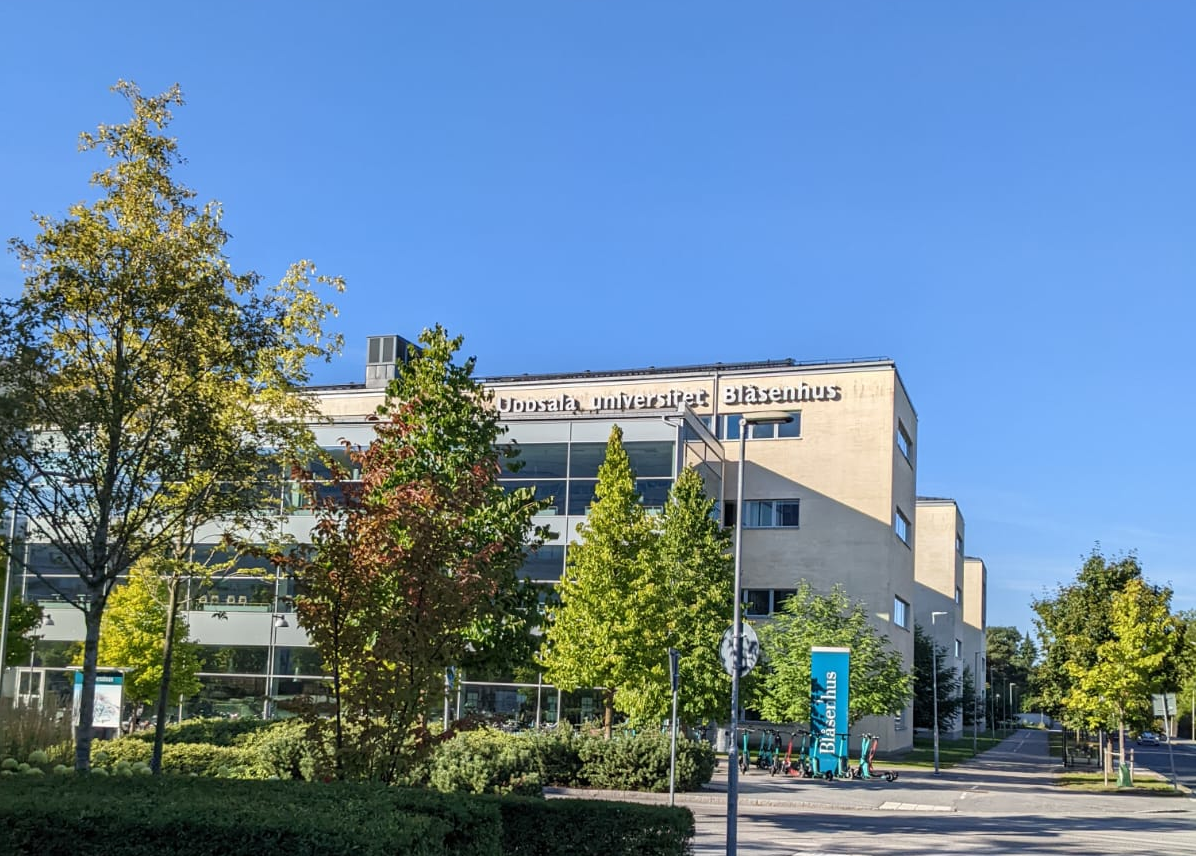As part of my pedagogic training and preparation for promotions, I’ve attended a course arranged by the pedagogic unit at Uppsala University called Supervising PhD students. The 3-week course was spread out over one semester, finishing earlier this week.
In general, I think it’s good to have a course about the practical issues related to PhD supervision for anyone who plans to supervise their own students, but I think that the most valuable part of the course was the network built among the participants. The group consisted of people from all faculties and multiple departments at the university, and hearing about the conditions of PhD students across the university was really interesting. Although I know that there are lots of differences between different departments, the differences across faculties were unexpected. With international experience I had previously compared what I thought of as “the Swedish” PhD program with those in the USA (more specifically, Stanford), and Malaysia. But I wasn’t aware that there isn’t really “a Swedish model”. All faculties have their own rules and regulations, and even within the faculty there is room for interpretation, which leads to the differences between different departments, and possibly also programs within the departments. Does it sound complicated? It is!
Through this course we reflected over the different perspectives and strategies of supervision. What do PhD students want or expect from their supervisors? What do supervisors expect from the students? In the end, we concluded that there isn’t one correct answer for either. But we agreed that supervisors should treat students equitably, rather than equally, that is, there is no need to endeavor to treat all of them exactly the same. Different people have different needs, which means that supervisors need to understand what these are, and help the student to reach their goals according to them. It can be a tricky thing, and during the course we heard all kinds of stories of both good and poor supervision, but also about students with different problems, goals, and ambition levels.
In all, I think the course was really interesting and I looked forward to meeting the other course participants to get new views and perspectives on a range of topics, although not all related to PhD supervision.
